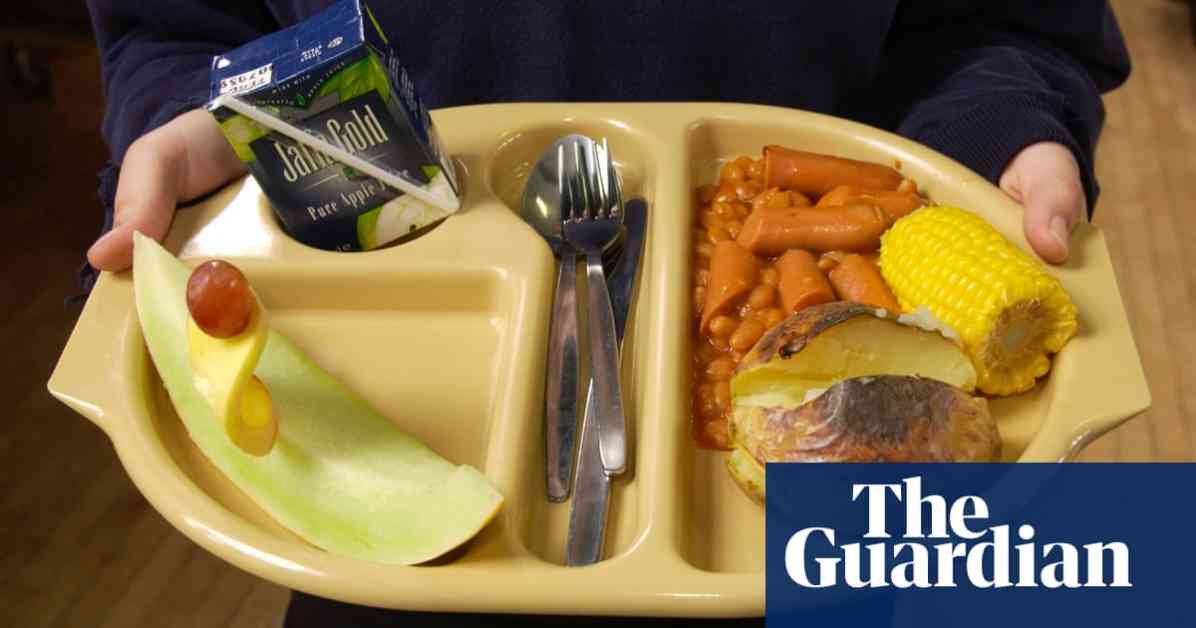Thousands of young children in England are being treated for health issues related to severe obesity, leading experts to warn of a growing public health crisis. Data from the NHS shows that 9.6% of children starting primary school in 2023-24 are classified as obese, up from 9.2% the previous year. Among children aged 10-11, the obesity rate decreased slightly from 22.7% to 22.1%, but it is still higher than in 2019-20 when it was 21%.
NHS England is currently spending £6.5 billion annually on treating obesity-related illnesses across all age groups in the country. They have implemented various services to support children and families in improving their health, including 30 specialist clinics specifically designed for children aged two to 18 with severe obesity-related complications. These clinics offer specialized treatment and create personalized care plans for families, which may include diet plans, mental health support, and coaching.
Prof Simon Kenny, NHS England’s national clinical director for children and young people, expressed his concerns about the high obesity rates among young children. He emphasized the significant impact obesity can have on a child’s health, increasing the risk of developing type 2 diabetes, cancer, mental health issues, and other serious illnesses in the future.
Tam Fry, chair of the National Obesity Forum, described the figures as “very concerning” and highlighted the serious health conditions associated with obesity, such as type 2 diabetes, heart conditions, and certain cancers. The data revealed that children living in the most deprived areas are more than twice as likely to be obese compared to those in the least deprived areas.
The Local Government Association suggested that revenue from the soft drinks sugar tax should be directed towards areas with higher levels of deprivation, child obesity, and tooth decay. They also proposed expanding the tax to include milk-based drinks, high-sugar coffees, and other sugary items like cakes, biscuits, and chocolate.
Katharine Jenner, director of the Obesity Health Alliance, emphasized the importance of providing all children with access to affordable and healthy food options. She pointed out that the current food environment is dominated by unhealthy choices high in sugar, salt, and saturated fat, contributing to the alarming rates of childhood obesity in England.
Sonia Pombo, a campaign lead and nutritionist at Action on Salt and Action on Sugar, expressed concern over the escalating public health crisis related to obesity. She called for urgent action to address the impact of unhealthy food and criticized the government’s previous lack of intervention in public health policies.
In response to the growing obesity epidemic, public health minister Andrew Gwynne highlighted the government’s efforts to tackle the issue by restricting junk food advertising, limiting access to fast food for schoolchildren, and banning the sale of energy drinks to minors. However, more comprehensive and sustained measures may be necessary to combat the rising rates of childhood obesity in England.


